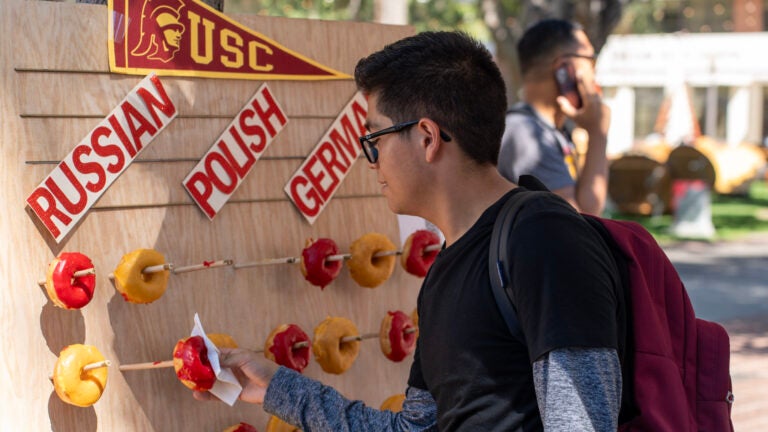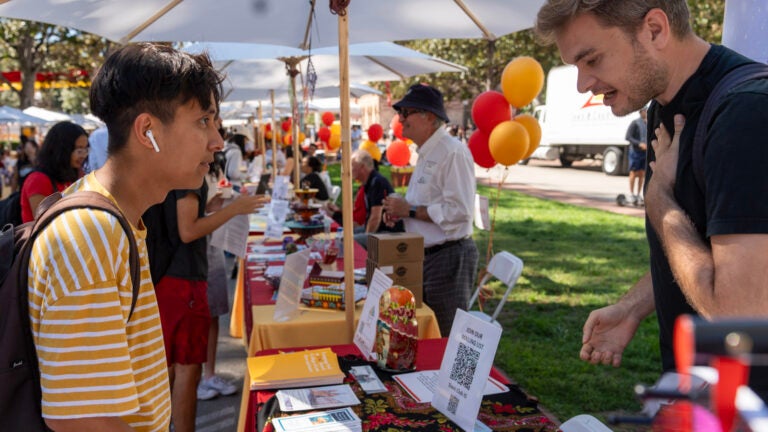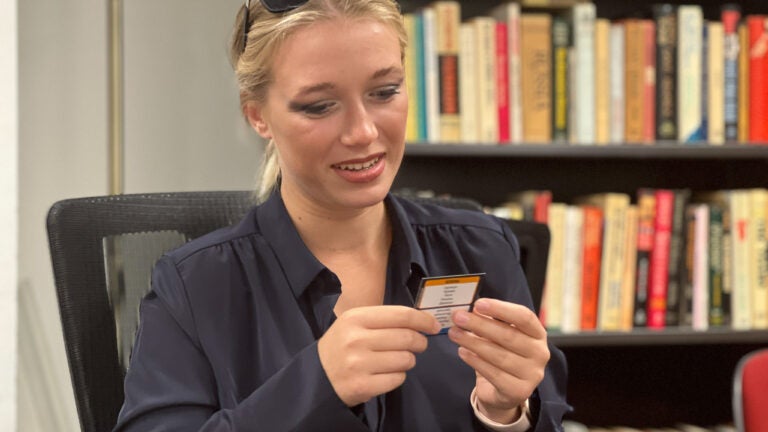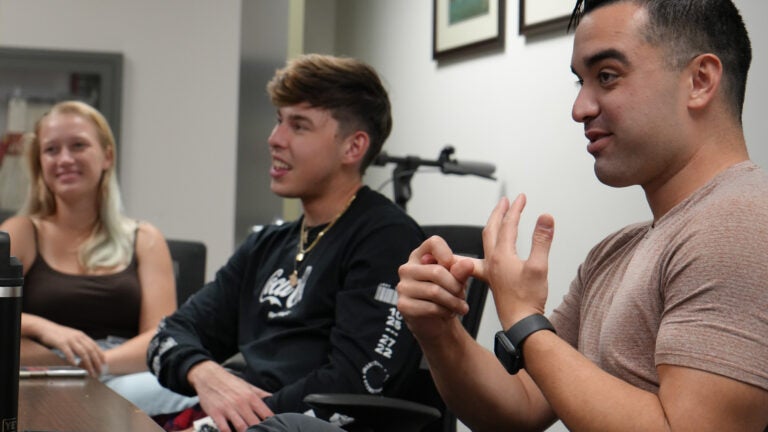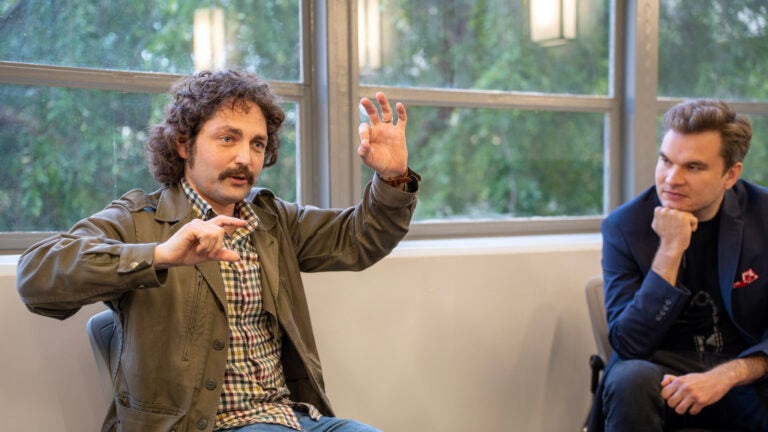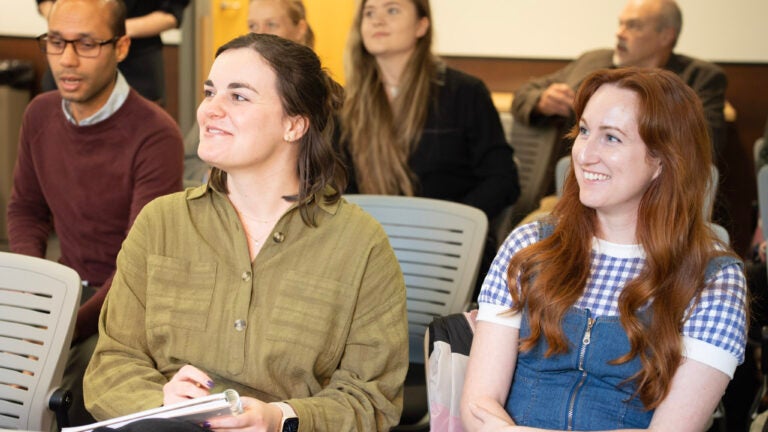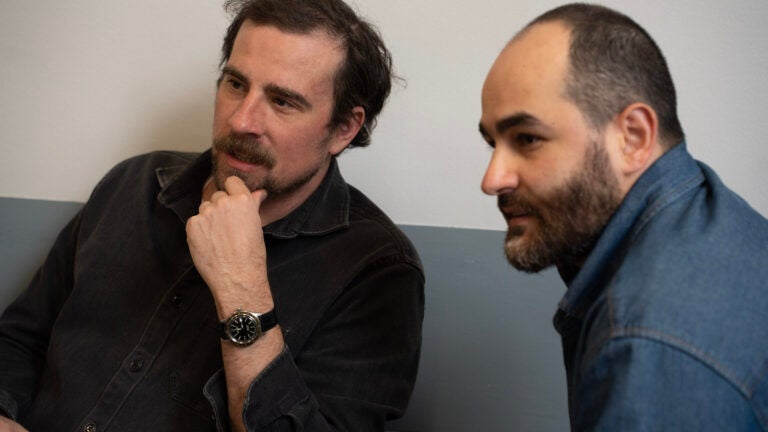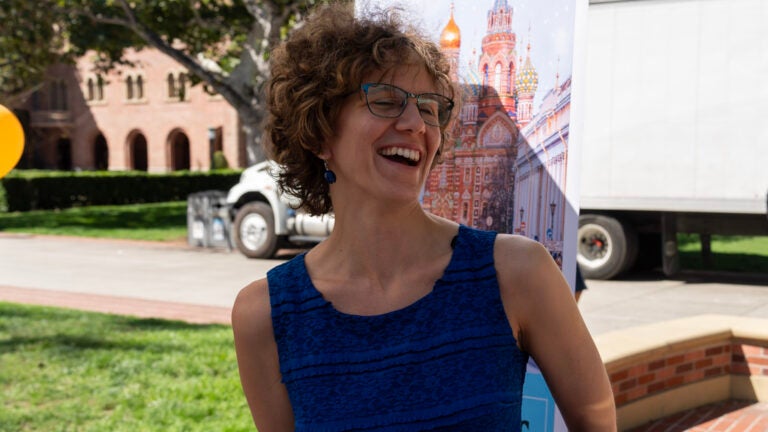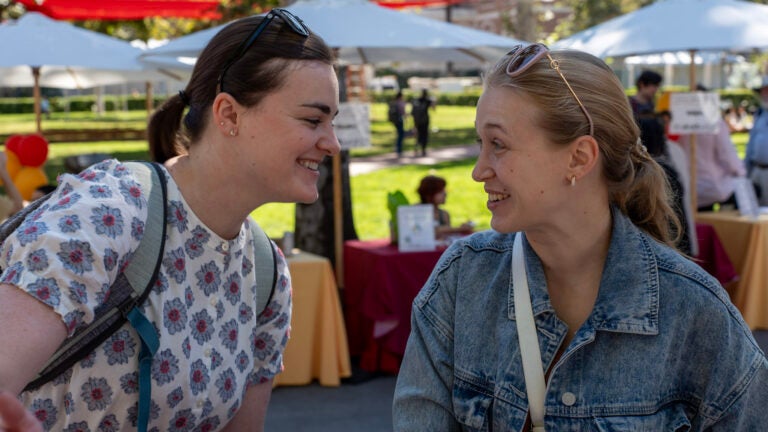Movie and Pizza Night Fall 2025
Join us on Thursdays for Movie and Pizza Night!
118 Taper Hall at 5:00pm
Bring a friend, have some food, watch excellent films!

Ongoing Fall 2025
Polish Conversation Hour. Join us for tea, sweets, games, and more. All ability levels are welcome.
When: Mondays at 5:00pm
Where: 260 Taper Hall
Questions? Contact Elena Petrova-Libgober
epetrova@usc.edu

Ongoing Fall 2025
Russian Conversation Hour (Русский разговорный час). Join us for tea, cookies, conversation, and fun activities!
Вы говорите по-русски? Хотите говорить ещё лучше? Приходите на Русский разговорный час!
Join our Russian Conversation Hour to embark on a journey of discovering Russian language and culture of Russian-speaking countries:
- Thematic Meetings: We host conversational sessions led by USC faculty on a variety of cultural topics. Each meeting brings something unique to the table.
- Connect and Learn: Engage in our activities to expand your language skills, immerse yourself in Russian-speaking cultures, and make new friends.
- All level friendly: We welcome all, from beginners to advanced speakers, as well as heritage speakers for discussions of a wide range of topics tailored so that everyone can get engaged.
When? Wednesdays, 5:00pm
Where? Taper Hall 260
До скорой встречи! Вопросы? Пишите Саше Пчелинцевой pchelint@usc.edu

March 5, 2025 Creative Workshops
Voices of Freedom, Voices of War in Ukraine: Creative Workshops
Essayist Sasha Dovzhyk will lead a critical reading workshop; Artist Marina Malyarenko will lead a hands-on workshop to make postcards using the traditional Ukrainian folk painting technique Petrykivka; Poet Iryna Starovoyt will lead a letter-writing workshop. Doheny Library 240, 5 p.m. to 6:30 p.m.

March 5, 2025 Readings & Conversations
Voices of Freedom, Voices of War in Ukraine: Readings and Conversations. Join us for a stirring conversation about the arts in contemporary Ukraine—and about displacement, loss, and cultural resilience in times of war. Lviv-based essayist Sasha Dovzhyk, Halych-born and Santa Monica–based artist Marina Malyarenko, Lviv-based poet and author of A Field of Foundlings Iryna Starovoyt, and UCSD professor Amelia Glaser (moderator) will gather to discuss how Ukrainian artists and writers have helped shape independent, multicultural national identities, from the collapse of the Soviet Union to the Maidan protests of 2013–14, and through Russia’s invasion of eastern Ukraine in 2014 and full-scale war beginning in 2022. Doheny Library 240, 7:00pm.
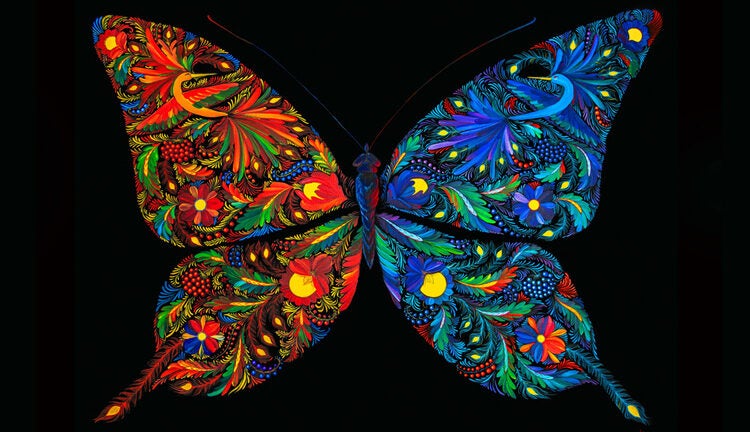
March 28-29, 2025 Scholarly Conference
Russian Afterlives of the Early Modern
What is an afterlife? Flickering elusively or persisting durably across centuries and geographic borders, an idea or a cultural artefact takes on different meanings across time. These inflections are tied to hermeneutic practices and the contexts in which they emerge, as well as vagaries of taste, politics, and human folly. Understood and manifested variously as influence, legacy, intertext, citation, or copy, an afterlife can have material and conceptual consequences that haunt or invigorate readers and writers. Inextricably tied to the passage of time, an afterlife is a resurgence, rediscovery, or reconstruction of cultural patrimony, which can trigger excitement, confusion, or resistance.
“Russian Afterlives of the Early Modern” aims to stir reflection on how practices of re-reading, re-writing, and otherwise making meaning anew–commonly grouped under the rubric of reception studies–have operated in Russophone culture. While scholars frequently allude to Derrida’s Spectre of Marx to speak of Soviet-era traumas that haunt post-Soviet cultural production, a constructive framework for analysing the long tail of the early modern period remains under-theorized.
We invite contributions that engage with the modern Russian afterlives of eastern Slavic culture from the 16th-18th centuries. We offer the following questions to stimulate reflection:
How has historical periodization taken shape in Russian cultural memory and in the field of Slavic Studies? Does it even make sense to apply the standard European periodization of “the early modern period” to the Slavic world, where the Middle Ages are often assumed to have ended at the turn of the eighteenth century?
Why have Russians looked back to the early modern period, and what have they found there?
How has the early modern period offered later writers, artists, thinkers, and politicians a lens through which to articulate or re-examine their own contemporary realities?
How has the pre-national character of the period been recognized?
How did the early modern period become marginalized or erased from cultural memory and what consequences has this had?
Have interpretative approaches to eastern Slavic early modern culture differed between anglophone and russophone scholars?
In addition to appropriations or productive reinterpretations of the early modern, have there been conscious (or subconscious) and outright rejections of certain cultural traits of the early modern?
Have non-verbal forms of early modern cultural expression such as music and art been overlooked in favour of textual documents?
What place does reception studies occupy in the field of Slavic? How can its methodological perspective help us to rethink standard narratives about the Russian cultural tradition?


